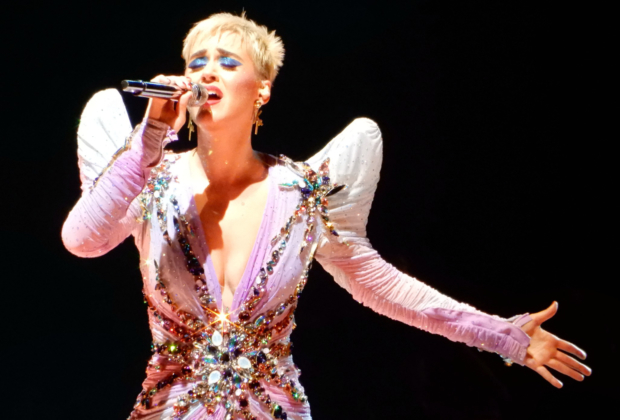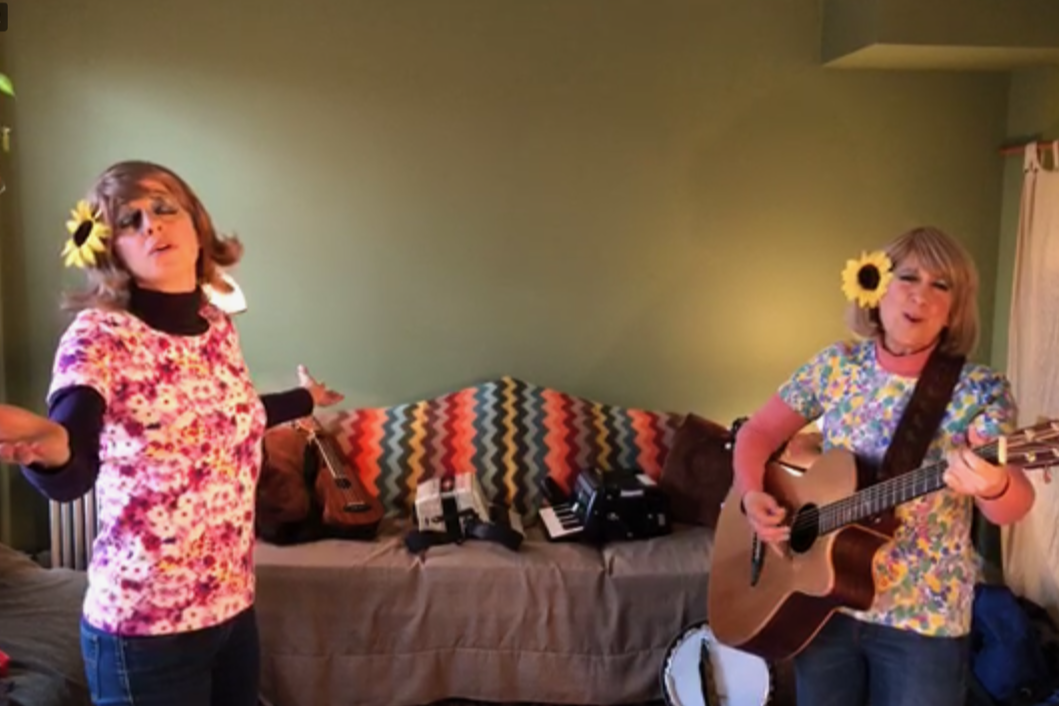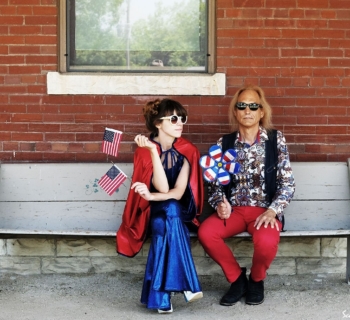Katy Perry has been sued for $150,000 for posting a photo of herself online. “What? How can that be?” you might ask. It’s because she doesn’t own the picture; she clipped it from the Internet. The image, and its copyright, are owned by Backgrid, a global celebrity news agency that provides photo and video content. You can license Backgrid’s photos, but you can’t just clip them from the Internet.
Katy Perry is not alone; Justin Bieber and Ariana Grande were both recently sued for the same offense. They settled their cases, but Katy is apparently fighting. It all began when a Backgrid photographer snapped a shot of her dressed as Hillary Clinton at a Halloween party. Katy posted it on her social media, didn’t get a license to use the photo – Backgrid says she refused – and is now being sued.
Katy Perry can afford good attorneys, but there aren’t many defenses to copyright infringement. The most common is fair use, but it’s complicated, and basically up to the court to determine if the use is fair. The court will look at four factors:
- The purpose and character of the use
- The nature of the copyrighted work
- The amount and substantiality of the portion taken
- The effect of the use on the potential market
A good example of how you can’t always rely on the fair use defense is the recent Brammer case, in which commercial photographer Russel Brammer sued over unauthorized use of one of his images on a film festival’s website. The lower court found fair use, but the appeals court found just the opposite.
The High Price of Copyright Infringement
Copyright law protects original works of authorship, which includes internet images. Just like the songs Katy Perry sings, a photo is someone’s intellectual property, and the owner has valuable rights. Copyright protection is in place from the moment a picture is snapped.
For any unauthorized use, a copyright holder is entitled to an injunction, actual damages, and any profits that exceed actual damages. But since these can be difficult to prove, statutory damages – amounts specified in legislation – are also available. These can range from $750 to $30,000 per infringement, and up to $150,000 for wilful infringement. The successful party can also be awarded their attorney’s fees. The amount of statutory damages and attorney fees are at the discretion of the court, but most courts dislike copyright infringement, and award accordingly.
In the Katy Perry case, since there’s one image involved, and the damages requested are $150,000, Backgrid is likely asking the court to award statutory damages of $150,000 for wilful infringement.
Risks for Independent Musicians
It’s definitely not just superstars who can potentially be sued for image copyright infringement. Independent musicians are also at risk and often have less money in the bank to pay damages.
Are you using images that you clipped from the Internet? Are you using them online, onstage, in your media kit or elsewhere? Do you know for sure? Did you leave these decisions to others? Are you certain you have the rights to use the images? You had better be certain. Otherwise, you might be in for a terrible shock.
Copyright owners may go after big stars who have big social media followings, big bank accounts, and garner big publicity for their endeavors. But copyright holders also routinely scour the web – both manually and using sophisticated tech tools – to identify any unlicensed uses. They often demand $30,000 to $40,000 per violation. And if you don't pay, you can end up in court. Remember, the judge is encouraged to award damages and attorney fees to the successful party. So, the copyright owner doesn’t have much to lose. But, you do.
Use of Internet Images
You should assume that images on the Internet are copyrighted. If you use them, you must be certain you have the right to do so. Even stock photos that you’ve paid to license can create problems if you use them in a way that’s not covered under the license. Also, some free image sites require that you give attribution to the copyright owner. If you don’t, it might be argued that you don’t have a license.
Don't assume that the lack of a copyright notice gives you the right to copy. The copyright owner doesn't have to provide notice. Many people assume that if there’s no notice, the image isn’t protected. This is not correct; notice is not required.
An example of an everyday copyright owner who fiercely protects their rights is Richard Bell. He’s an Indiana attorney who took a photo of the Indianapolis skyline that’s been copied many times. In an interview with the Indiana Business Journal, Mr. Bell said he’s found about 300 infringers and most have paid damages. At least one of the infringers had to pay $150,000.
Copyright enforcement actions are growing because the Internet makes it easier to identify unauthorized use, and the ability to collect statutory damages makes these actions very lucrative.
How Infringers Get Caught
Reverse image search is easily conducted on Google Images. A copyright owner simply uploads a photo and the platform then searches the web for similar images. If the image is on your website, it will likely turn up in the search. If it does, you’ll likely receive an infringement letter. These letters typically ask for your license, and if you don’t have one, they demand payment for infringement.
More sophisticated copyright owners use search programs to continuously scan the web to locate infringers. It’s likely that Backgrid is using sophisticated searching to find infringers, but sophisticated searching is also available to anyone. There are free sites such as Pixsy.com, which allows copyright owners to upload images they’d like to protect. Pixsy then searches the web, and when infringements are found, they handle all the legal work and split the proceeds with the owner.
If you’re using images from the web, you will likely be caught. Copyright owners are looking for infringers because the potential damages are worth the effort. I speak to numerous groups on Intellectual Property topics throughout the year, and at every talk, several participants tell me they’ve paid huge damages for clipping from the internet.
Protecting Yourself
The best protection is to use only your own images. Your own images avoid copyright infringement because they are your copyrighted material. It’s been reported that Kim Kardashian now employs her own personal photographer to avoid copyright issues. But with the camera quality in phones today, you don’t always need a professional photographer. It’s easy to take your own photos and not be concerned with copyright infringement.
If you do decide to use an image from the internet, obtain a license and then read, understand, and keep a copy of the license agreement. If you get that ominous letter, the license will end the matter as long as you are complying. But, proof of the license is required and it’s your responsibility to provide it. Keep a license file for every image used.
The Takeaway
Using images on the web is risky for everyone, including independent musicians. Protect yourself by having the appropriate licensing rights and keeping a record of those rights. The consequences of not doing so can be financially devastating.

William H. Honaker
WILLIAM H. HONAKER is an intellectual property attorney at Dickinson Wright PLLC. For more than 30 years, Bill has been helping businesses – ranging from Fortune 100 firms to individual entrepreneurs – to protect their patents, trademarks and copyrights. To book Bill for speaking engagements, call 719-966-7088.
Katy Perry Photo: Matt Winkelmeyer/Getty Images for The Recording Academy














